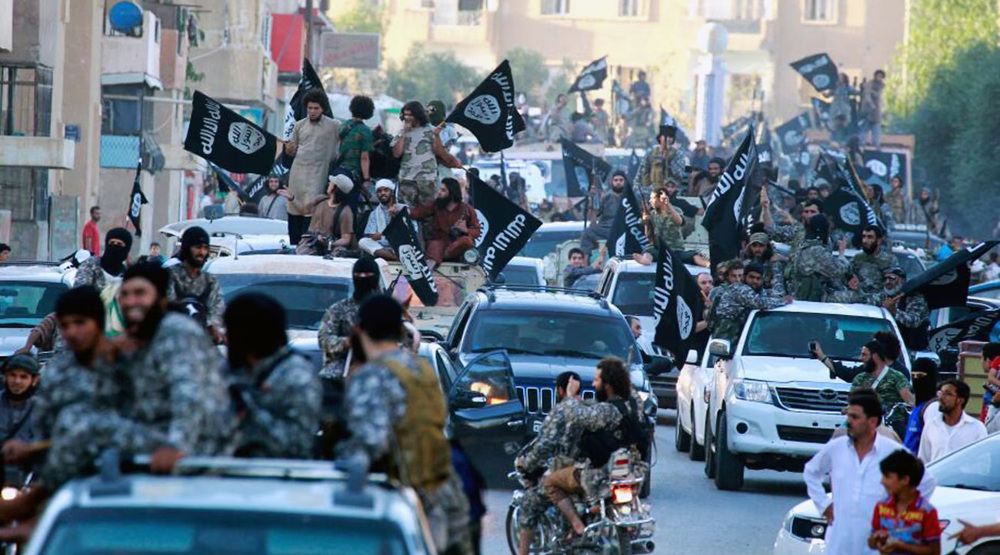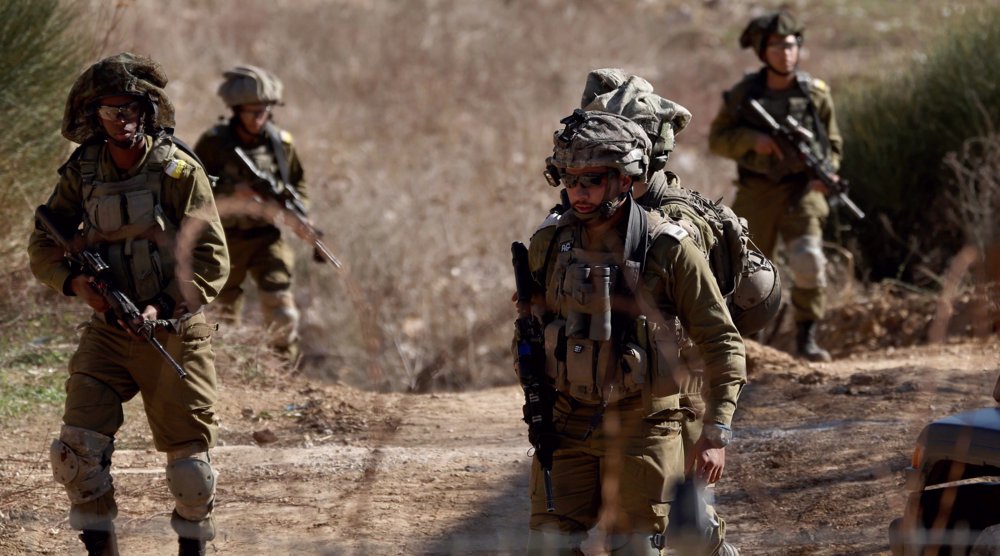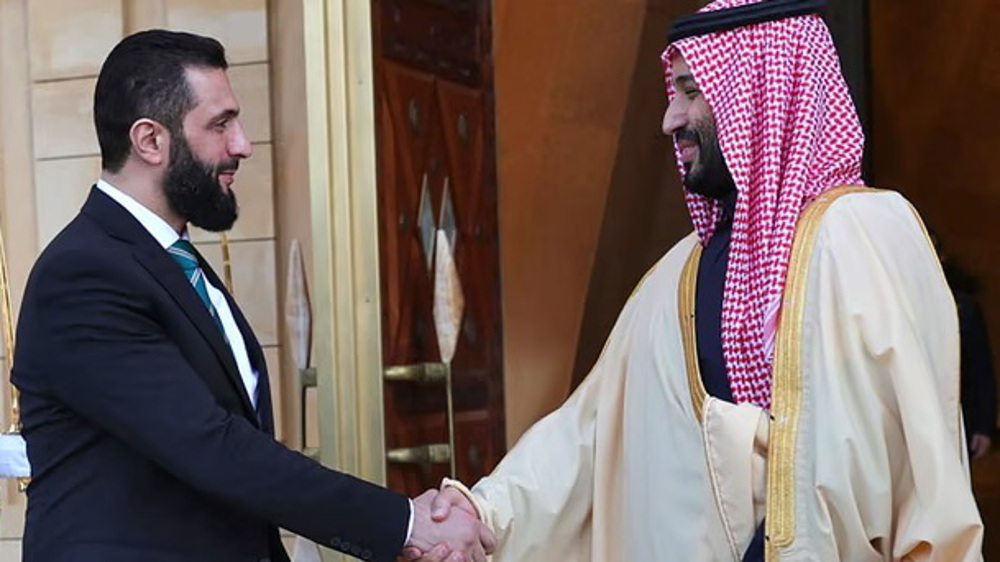Turkey begins joint patrols with Russia in northern Syria, hands over 18 captured Syrian troops
Turkey has begun joint patrols with Russia in northern Syria after Kurdish militants met a 150-hour deadline to leave border areas near Turkey as part of a deal struck between Ankara and Moscow in Sochi late last month.
The patrols began near the border town of Derbasiyeh on Friday and are meant to verify whether the Kurdish militants have withdrawn to a depth of 30 kilometers from the Turkish border as required by the Sochi agreement.
Moscow has already confirmed to Ankara that the Kurdish withdrawal process was complete.
The Russian army said that the patrols — consisting of nine vehicles and an armored personnel carrier — would cover more than 110 kilometers.
The Turkish Defense ministry also confirmed that the patrols were underway, adding that air force units would be assisting the ground forces.
The ministry said that a meeting with a Russian military delegation was to be held in Ankara to discuss related “tactical and technical issues.”
Also on Friday, Russia’s Sputnik news agency reported that an additional 300 Russian soldiers and 20 armored vehicles had been deployed in northern Syria to take part in future patrols in the region.
The Sochi agreement was inked between Russian President Vladimir Putin and his Turkish opposite number, Recep Tayyip Erdogan, with the aim of allaying Ankara’s long-running concerns over the presence of Kurdish militants at Turkey’s doorstep.
Ankara has long sought a “safe zone” in northern Syria void of Kurdish militants — who it sees as terrorists tied to the autonomy-seeking Kurdish militants at home.
Militants of the Kurdish-led Syrian Democratic Forces (SDF) were given 150 hours to pull out from the region. The Kurds announced their withdrawal from the border area on Sunday.
Turkey, in response, halted a military operation it had launched on October 9 to cleanse Syrian northern border regions of the Kurds.
In the wake of the Turkish offensive, Kurdish-led SDF forces turned to the Damascus government for protection after the US abruptly pulled its troops out of the region and left their Kurdish allies vulnerable to the Turkish aggression.
Damascus quickly offered a helping hand to the Kurds — who were previously operating against the central government to achieve autonomy in the areas freed from terrorists.
To defend the borders, Syrian government forces began deploying in northeastern Syria under a deal with the Kurds and engaged the Turkish military on several fronts.
Earlier this week, the Turkish forces carried out a number of attacks on Syrian troops. The clashes led to the death of at least seven Syrian soldiers and injured more than a dozen others.
Another 18 Syrian soldiers were captured in a separate incident.
On Thursday, however, the Turkish Defense Ministry announced that the captured soldiers had been handed over as a result of coordination with Russian authorities, without saying who took custody of the soldiers.
The move is seen as an effort by Ankara to defuse tensions with the Damascus government.
Erdogan had earlier said he was not bothered by the Syrian army’s deployment to the Kurdish-held regions.
“It’s their lands after all. But, what is important to me is that the terrorist organization does not remain there,” he said as the operation was underway.
Turkey currently controls a 120 kilometer-wide strip south of the Turkish border in Syria as a result of its military operation prior to the Sochi agreement.
Speaking on Thursday, Syrian President Bashar al-Assad stressed that the Sochi agreement was “temporary,” and will eventually pave the way for government control over northeastern Syria.
Iran, US move ‘closer to agreement’ on some issues after ‘serious, longest’ round of talks: FM
Israeli army chief privately warns of cost of new war with Iran: Report
IRGC official: US buildup, psychological tactics aim to 'swallow Iran again'
Iran’s three-man team captures triple gold at UWW ranking series in Tirana
Iranian academic sentenced to 4 years in prison in France for supporting Palestine
VIDEO | Press TV's news headlines
Russia: West seeks to repeat past ‘plunder’ of Iran’s oil
Herzog visits Ethiopia to expand Israeli footprint in Africa














 This makes it easy to access the Press TV website
This makes it easy to access the Press TV website